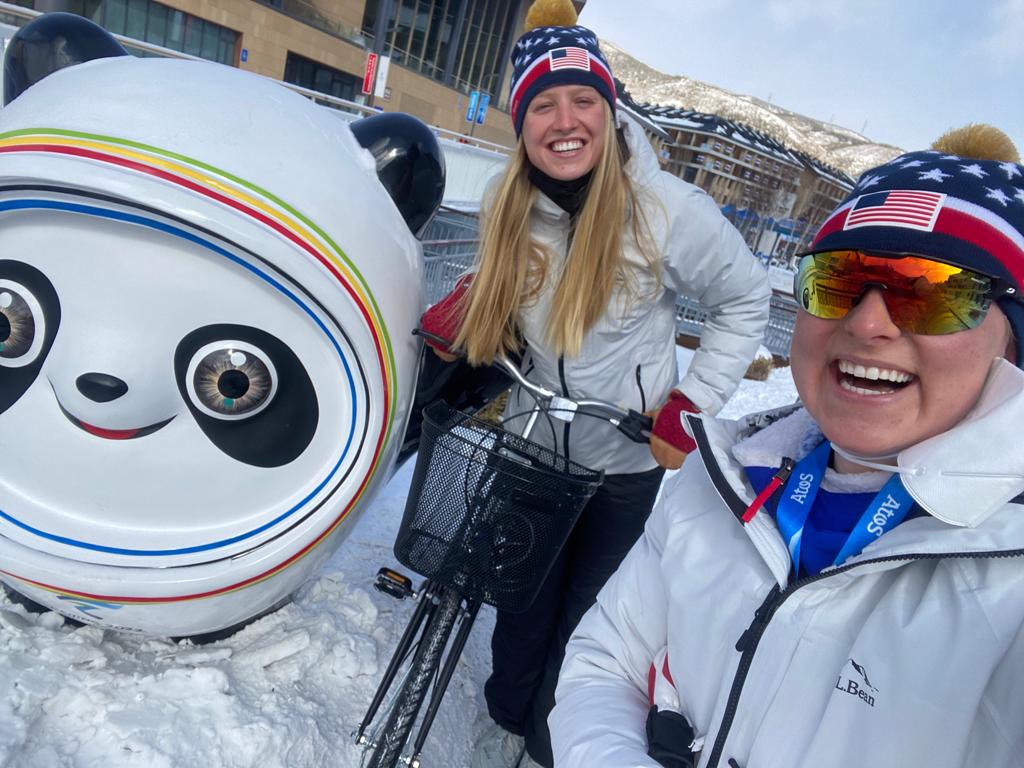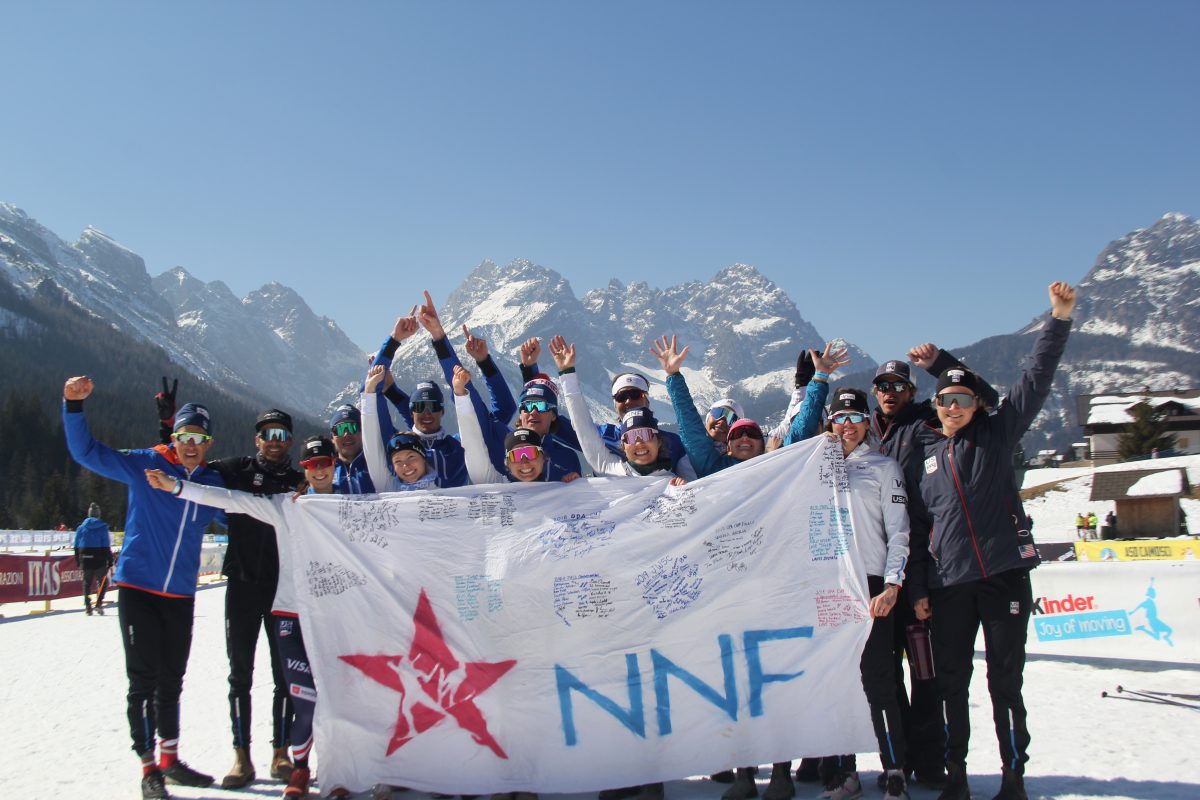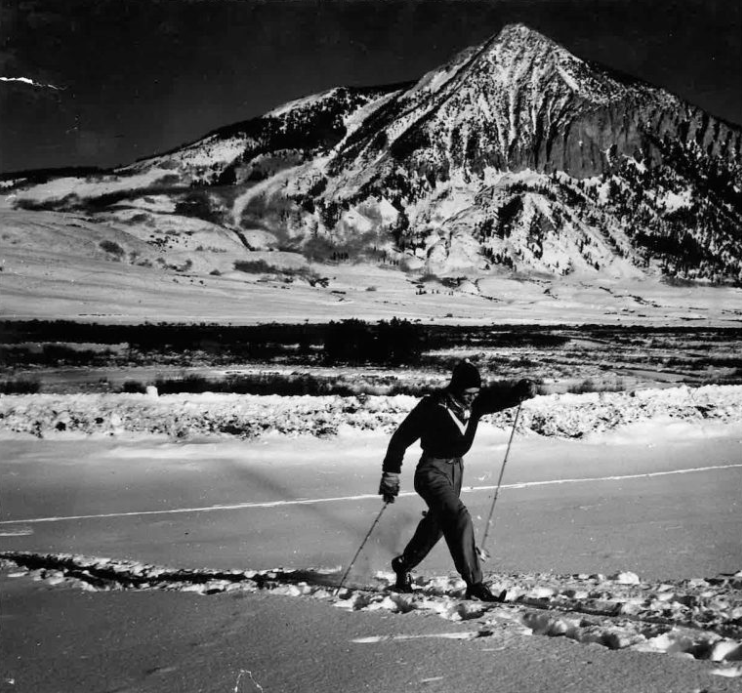
Intertwined with historic medal-winning races, tales of adversity overcome, and athletes with whom fans become enamored once every four years, the Olympics also brings about stories of defeat, the complexities of human emotion, and the simple humanity of the athletes competing at the Games, who are often glorified solely on the grounds of their seemingly inhuman capacities and accomplishments. While stars like Simone Biles and Mikaela Shiffrin remind us that extreme pressure to perform does not always lead to diamonds, or perhaps in this case gold medals, athletes with less media focus have also begun to share how the Olympics impacted their mental and physical wellbeing.
Though the Olympics can remain a fantastic dream and a worthy goal for aspiring ski racers, a February 27 blog post by Hailey Swirbul titled “Honest Olympics” reminds us all that feeling overwhelming and complex emotions during one’s Olympic experience does not negate the athlete’s appreciation of the opportunity, or recognition that it is an accomplishment many dream about and very few actually get to experience. Quite simply, Swirbul demonstrates that gratitude, excitement, and melancholy are not mutually exclusive states of being.

By Hailey Swirbul, reposted with permission
I am almost certain that mine is not the Olympic story the world wants to hear about—not because I didn’t get a medal or something, but because I can’t lie. I’ve spent the last few days looking through photos on my phone, wondering which 8 or 10 I should select and post with a nice caption and ‘thank you’ to the Olympics for such a purely wonderful experience. But it occurred to me that the world has a lot of that perspective right now, and me pretending to have the same one might do more damage than good for people like me who could benefit from my truth.
The Olympics were fine for me. I feel exactly the same as I did before them; I don’t feel complete, don’t feel more accomplished or better than anyone else all the sudden. In fact, the main thing I feel is relief. I got through it. I lived up to the internal and external pressures to qualify for the team and compete for my country. Whew. Now I can take a deep breath.
I had some moments that I really enjoyed at the Olympics, but I also had my fair share of moments that were simply not fun. Most of my time was just about neutral. I feel guilty for admitting that, when obviously, the Olympics is something that so many people would die to experience. So many of my peers are disappointed not to have made the Olympic team, or to have made the team but not receive the starts they had hoped. I had both of those blessings come true, but still felt quite empty throughout the whole thing.
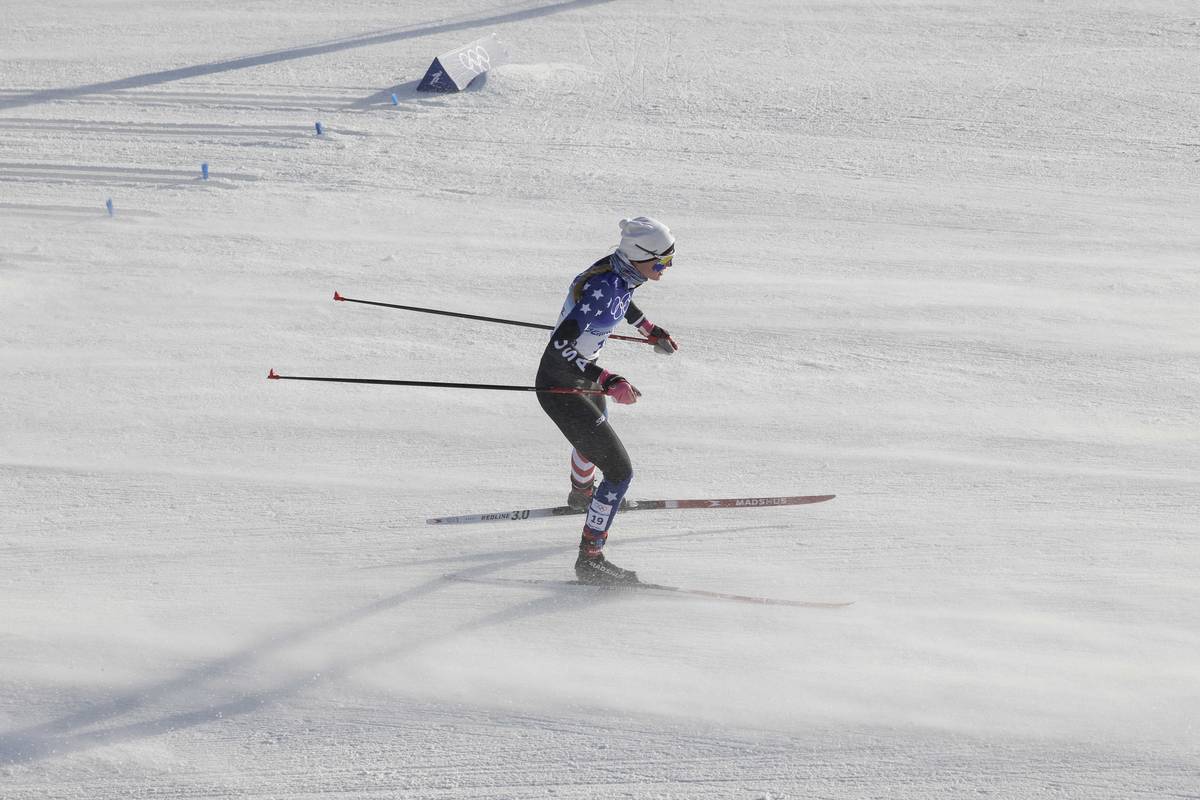
Why can’t I see the Olympics in the glorified way the world does? For every person crying tears of joy on a podium, I saw a dozen people looking disappointed or drying tears of sadness behind the scenes. I saw broken dreams. I saw dreams coming true, and people realizing that maybe that dream wasn’t all they’d imagined after all. I saw pressure and stress that brought out people’s shortcomings. I saw expectations not being met, and teammate relationships damaged. I saw isolation and low self-worth and confused identity and claustrophobia within the Olympic world. In many ways, the worst part was that I could do nothing about it because all my energy went toward surviving many of those things myself. Honestly, all of that sucked.
But don’t get me wrong—I’m able to see the incredible moments that came with the experience too. Watching halfpipe and aerials and biathlon in person with some of my closest friends, for example. Meeting a skier from my hometown who felt like a long-lost sister. Watching Ted Lasso with my roommates in the evenings. Bushwhacking through the mountains near the village to find a peaceful headspace. Heck, I’ll even look fondly on the numerous times I ate KFC take-out to avoid the dining hall boredom! Writing these examples made me realize just how many positive small moments there actually were and I could go on and on…. But, interestingly, most of those moments were simple, normal life joys that had relatively little to do with actually being at the Olympics.
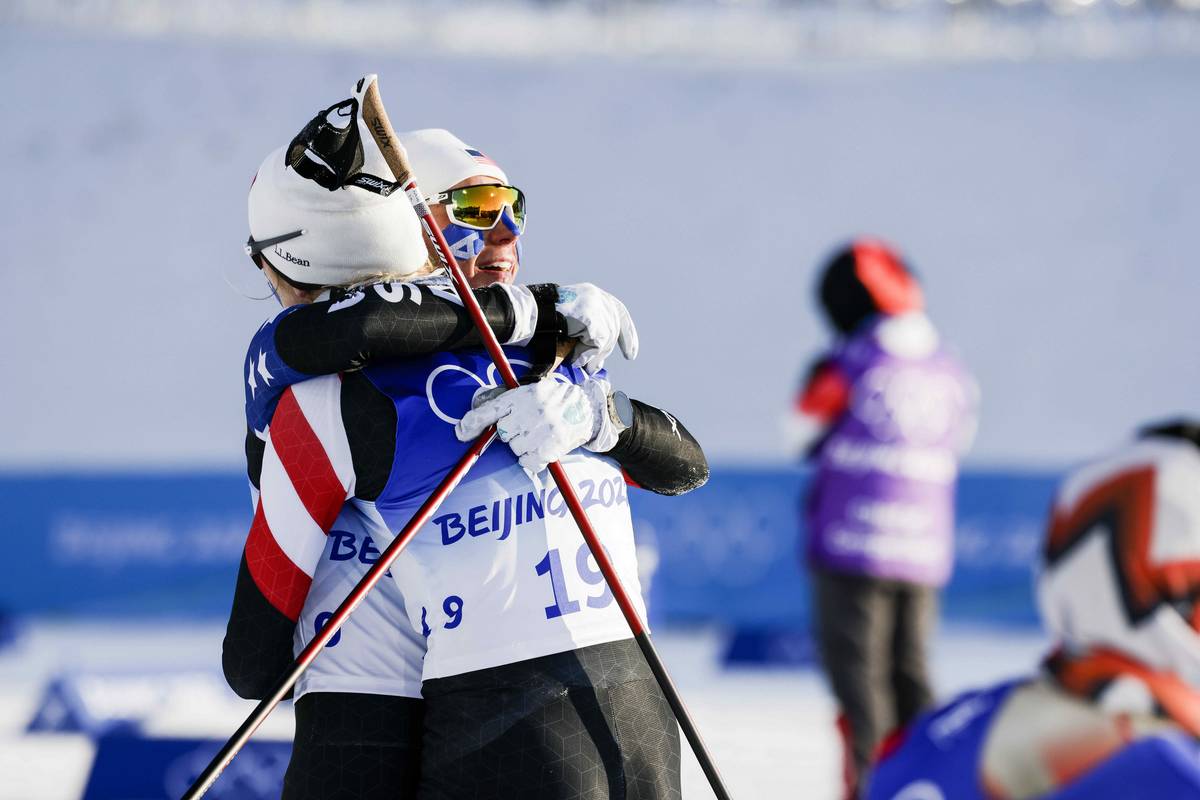
I left the Olympics feeling more at peace with my sense of identity as a skier because I felt somehow empowered by and connected to those little normal-life moments. I learned a bit more about how I’d like to be a better teammate, and how I need to signal safety to my nervous system to keep my brain health in a good place. I uncovered a bit more purpose in the sport of skiing for myself and set some goals that have nothing to do with results. In the end, this experience wasn’t about fun and glory the way it had been portrayed to me over the years. It was about internal growth for humans in the face of intense emotion, pressure, and expectation. I’m not really sure why I’m writing this as I’m still processing the experience myself, but I couldn’t post on social media about a wonderful time without acknowledging the challenge and growth as well. So thank you, Olympics, not for the incredibly fun experience, but for the opportunity to grow as a human being. That’s something I hope I’ll never forget.
Head to Swirbul’s blog to see her top-eight photos from “happy little moments” during the Games, including the one below.
